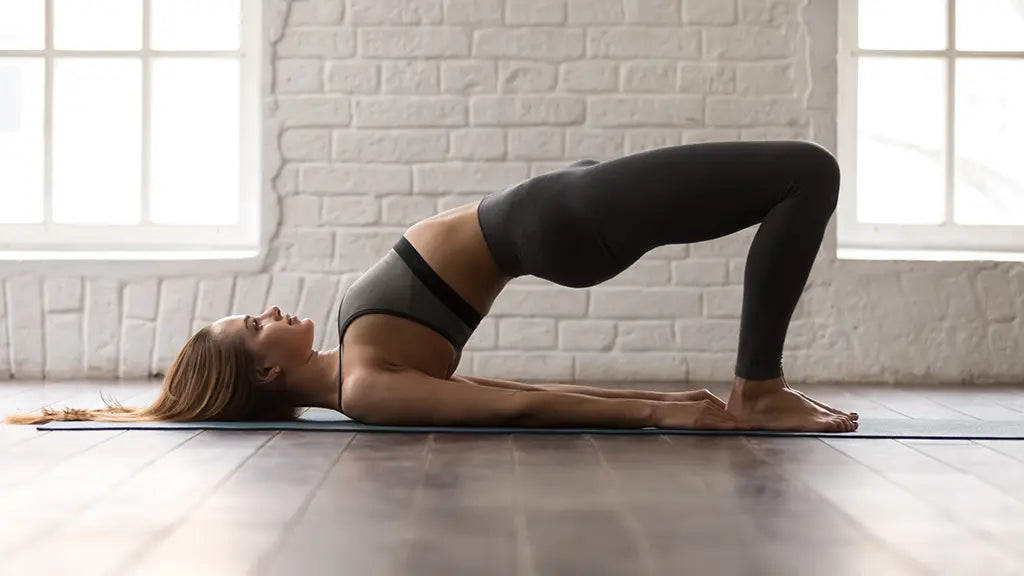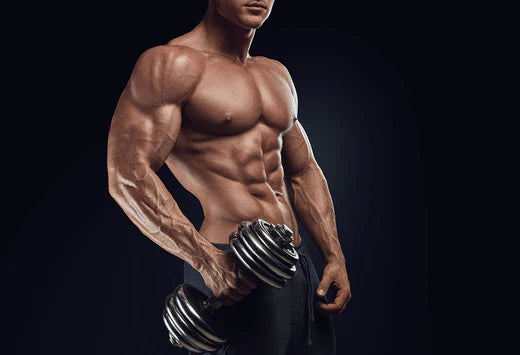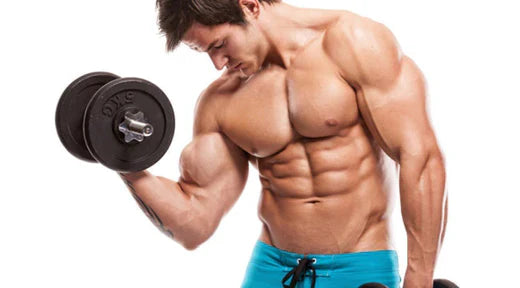Le meilleur exercice pour vos fessiers

Libérez le potentiel de vos fessiers :
QUELQUES AVANTAGES DES POUSSÉES DE HANCHES SONT :
- Augmenter la taille des fessiers
- Améliorer la force des fessiers
- Aide à améliorer les performances en salle de musculation
- Aide à améliorer les performances en athlétisme
Les poussées de hanches peuvent réduire le risque global de blessure, car des fessiers forts peuvent aider à réduire le stress sur le bas du dos et affecter positivement la mécanique des genoux, des hanches, des pieds et des chevilles.
Malgré les bienfaits reconnus des Hip Thrusts, la plupart des femmes hésitent encore à les pratiquer en salle de sport. Voici quelques raisons à cela :
- Mauvaise forme lors des poussées de hanches
- Sensation gênante lors de l'exécution de poussées de hanches
- Difficulté à se mettre dans la bonne position
- Douleurs à la hanche inférieure ou au dos lors des poussées de hanche
Même si rien ne peut vous aider à surmonter votre gêne ou votre malaise à l'idée de réaliser des Hip Thrusts dans une salle de sport bondée, nous pouvons vous aider à les réaliser correctement et dans la bonne position. Nous espérons également vous aider à réduire toute tension supplémentaire ressentie au niveau du bas des hanches ou du dos pendant le mouvement.
COMMENT EFFECTUER UNE POUSSÉE DE HANCHES AU POIDS DU CORPS
(PONT FESSIER À DOS ÉLEVÉ)
Le mouvement du hip thrust au poids du corps est identique à celui du Glute Bridge. La seule différence est que votre dos est surélevé, ce qui augmente votre amplitude de mouvement et vous prépare à un hip thrust lesté. Pour effectuer le hip thrust au poids du corps, commencez par poser vos omoplates sur un banc, les bras autour, pour rester stable. Vous devrez peut-être décoller légèrement vos fesses du sol si vos épaules ne peuvent pas atteindre le banc. Assurez-vous ensuite que vos pieds sont à plat sur le sol en fléchissant les genoux à environ 90 degrés. Inspirez et expirez, et contractez votre ceinture abdominale. Contractez les fessiers, soulevez les hanches et maintenez-les pendant une ou deux secondes. Cet exercice peut être réalisé avec une seule jambe. Il vous suffit de décoller un pied du sol et d'effectuer le même mouvement de hip thrust. Si vous avez des difficultés à obtenir une bonne forme lors de l'exécution du mouvement, vous pouvez essayer ceci : effectuez une poussée de hanche normale avec vos pieds étroits, et une fois que vous atteignez le sommet, retirez un pied du sol et effectuez votre poussée de hanche sur une jambe.
Poussée de hanches avec barre
Vous serez peut-être prêt à passer au Hip Thrust avec barre après avoir appris le mouvement de base. Comme pour l'exercice précédent, tout votre corps doit travailler à l'unisson pour assurer la stabilité et la neutralité de votre colonne vertébrale. Il est conseillé d'utiliser un poids léger pour un exercice correct, afin d'éviter tout risque de blessure avec un poids plus élevé. Placez la barre parallèlement au banc. Puis, épaules collées, positionnez-vous au sol. Comme pour l'exercice précédent, vous pouvez décoller légèrement vos fesses du sol si vos épaules n'atteignent pas le banc en position assise.
- Faites rouler la barre directement sur vos hanches.
- Assurez-vous que votre colonne vertébrale est neutre et que votre corps est aligné.
- Prenez une grande inspiration, expirez par la bouche, contractez votre tronc.
- Poussez sur les talons, serrez les fessiers pour soulever les hanches.
- Descendez doucement, en gardant le tronc gainé.
- Placez vos coudes sur le banc avec vos mains sur la barre pour la maintenir stable.
Conseil : Vous pouvez bien sûr placer un coussin entre la barre et vos hanches si les poussées de hanches avec barre vous font mal. Le coussin de squat avancé est idéal pour se concentrer sur sa posture sans ressentir la moindre douleur.
Voilà pour les meilleurs exercices pour les fessiers. Vous savez maintenant comment les solliciter avec toutes les variantes, quel que soit le type de poussée des hanches. Ces exercices sont adaptables et peuvent être réalisés n'importe où, que vous soyez dans une salle de sport bien équipée ou dans un endroit sans équipement.


